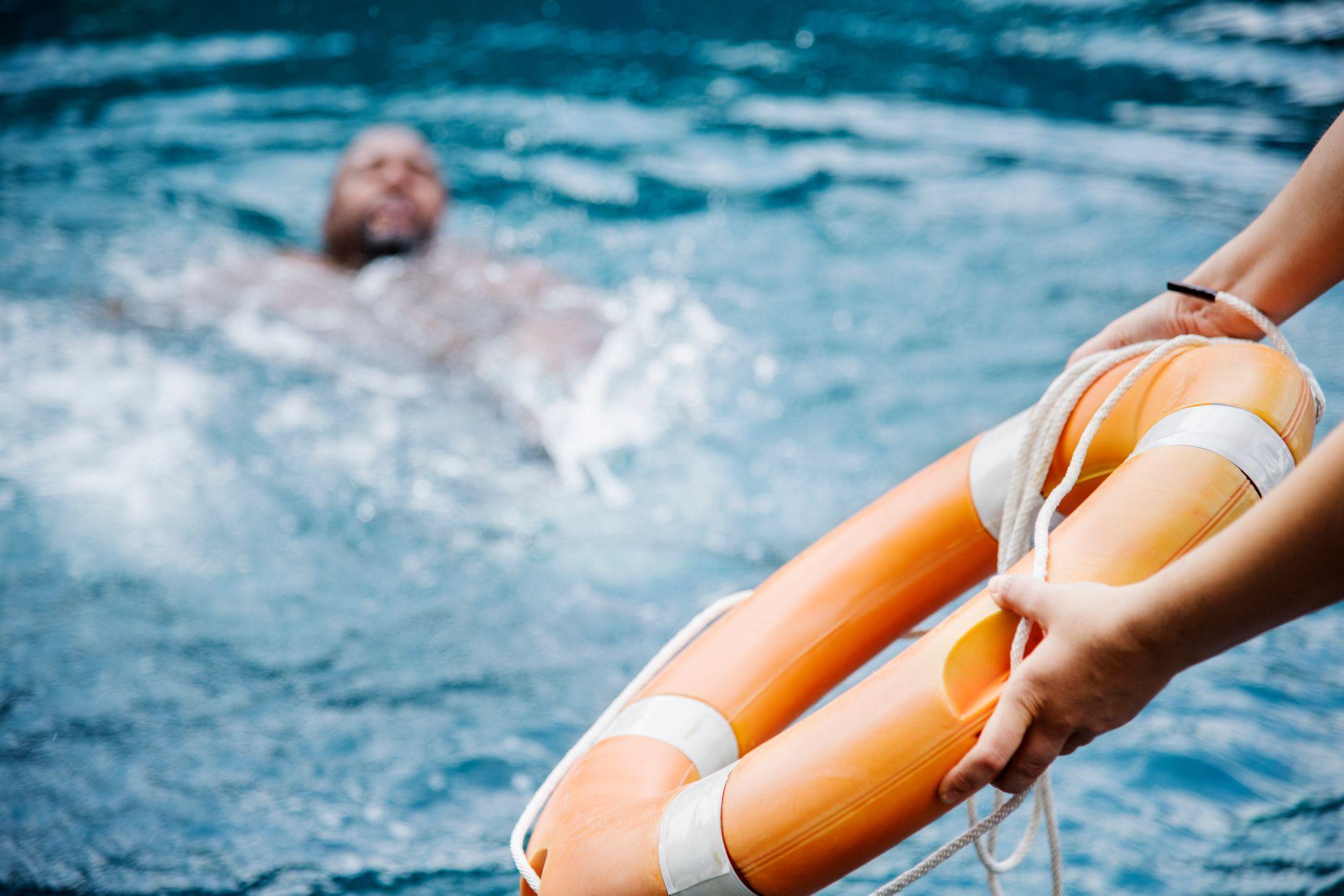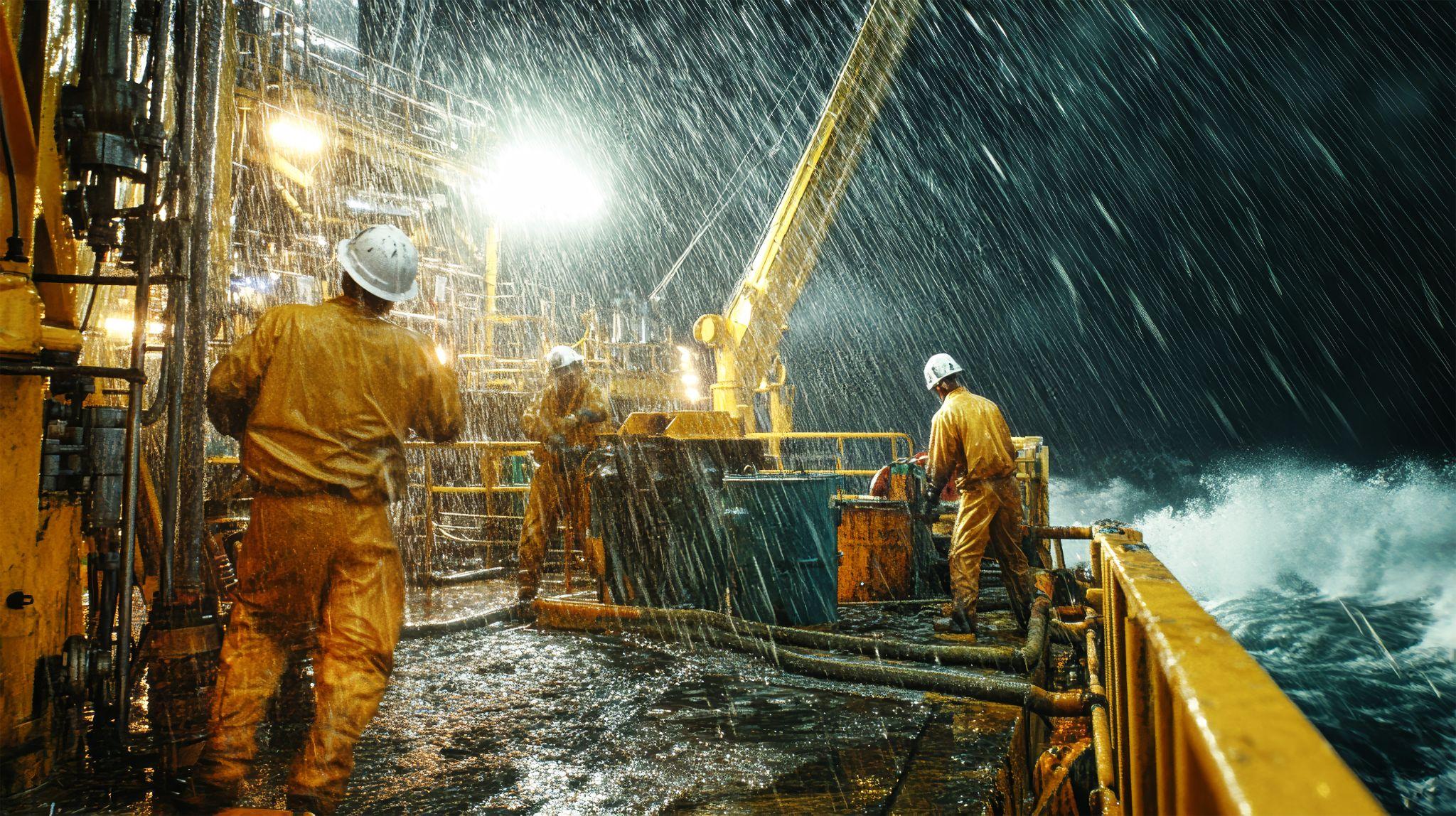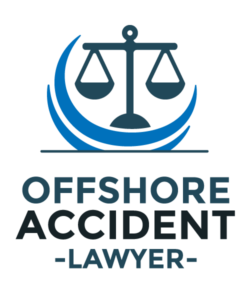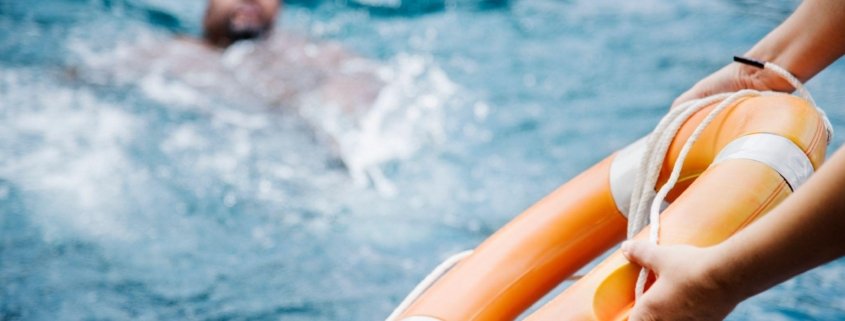Everything You Need to Know About Drowning in Maritime Work
Maritime work is one of the most hazardous occupations in the world. Whether you’re a commercial fisherman, deckhand, or offshore oil rig worker, the risk of drowning is an ever-present danger. Understanding drowning risk factors, causes, and preventive measures can significantly reduce accidents and save lives. Moreover, knowing when to seek legal help can be crucial if an incident does occur.
The Risks of Drowning in Maritime Work
Maritime work occurs in high-risk environments where unpredictable weather, heavy equipment, and long hours increase the potential for accidents. Here are the primary drowning accident risk factors:
- Rough Seas and Weather Conditions: High waves, storms, and strong winds can easily lead to capsizing, man-overboard incidents, and other emergencies.
- Fatigue and Overexertion: Long shifts and strenuous tasks leave workers physically exhausted, increasing the likelihood of accidents.
- Lack of Proper Training: Employees who aren’t adequately trained in safety protocols or emergency response are more vulnerable to drowning.
- Faulty Equipment: Defective lifejackets, lifeboats, or harnesses can turn minor incidents into fatal tragedies.
- Limited Access to Medical Help: Remote locations often mean delayed emergency medical responses, making immediate rescue and first aid critical.
Common Causes of Drowning in Maritime Work
Understanding the causes of drowning is the first step to preventing it. Here are some of the most common scenarios:
- Man-Overboard Incidents: Accidental falls from ships, rigs, or docks can lead to immediate drowning, especially if the worker is not wearing a personal flotation device (PFD).
- Capsizing: Small vessels, such as fishing boats, are particularly vulnerable to tipping over in rough seas.
- Entrapment: Workers can become trapped in submerged compartments or tangled in fishing nets and lines.
- Hypothermia: Prolonged exposure to cold water reduces the body’s ability to stay afloat or signal for help.
- Alcohol or Drug Use: Impaired judgment and coordination increase the likelihood of falling overboard or failing to respond to emergencies.
Preventive Measures to Reduce Drowning Risks

Employers and workers alike must prioritize safety to minimize the risks of drowning. Here are essential preventive measures:
- Comprehensive Training: Workers should receive extensive training on how to use safety equipment, recognize hazards, and execute emergency response procedures. A solid foundation in water safety is critical for every career in the maritime industry.
- Wearing Proper Safety Gear: PFDs and harnesses should be mandatory and properly maintained to ensure effectiveness.
- Regular Equipment Inspections: Employers must routinely inspect and repair life-saving equipment, including life rafts, radios, and emergency lighting.
- Implementing Safety Protocols: Standard operating procedures, such as requiring a buddy system and man-overboard drills, help keep workers alert and prepared.
- Monitoring Weather Conditions: Avoiding work during extreme weather can prevent many accidents. Always check forecasts and be prepared to delay operations if necessary.
- Addressing Fatigue: Rotating shifts and ensuring workers have adequate rest can significantly reduce fatigue-related incidents.
- Substance Use Policies: Enforcing strict no-alcohol and drug policies can mitigate risks associated with impaired judgment.
When to Seek Help From a Maritime Injury Lawyer
Despite the best safety practices, accidents can still happen. Workers who have experienced drowning incidents—or their families—may need to consult a maritime injury lawyer to protect their rights. Here’s when to seek legal assistance:
- Employer Negligence: If your employer fails to provide adequate training, safety gear, or maintained equipment, you may be entitled to compensation.
- Unseaworthiness Claims: Maritime laws such as the Jones Act require vessels to be seaworthy. Any failure to meet these standards can hold the shipowner liable for accidents.
- Insurance Disputes: Injured workers or their families may face challenges in obtaining rightful compensation from insurance companies. A lawyer can navigate these disputes effectively.
- Wrongful Death Claims: In the tragic event of a fatal drowning, families can seek justice and financial relief by filing a wrongful death lawsuit.
- Workers’ Compensation Denials: Maritime workers’ compensation claims can be complex, and denial is not uncommon. Legal expertise ensures your case is presented effectively.
Consult a Maritime Injury Law Firm Today

Maritime work is challenging, but ensuring safety should never be an afterthought. Employers must enforce rigorous safety standards, and workers should stay informed and vigilant. However, when accidents do occur, legal support can make all the difference.
If you or a loved one has been involved in a maritime drowning incident, don’t navigate the complexities of maritime law alone. Contact our experienced maritime injury lawyers at Schechter, Shaffer & Harris today for a free consultation. Let us help you secure the justice and compensation you deserve. From drowning injuries to drowning brain injury cases, our expertise spans all aspects of maritime injury law in the maritime industry.
The post Everything You Need to Know About Drowning in Maritime Work appeared first on Maintenance and Cure.
Source: Read More



